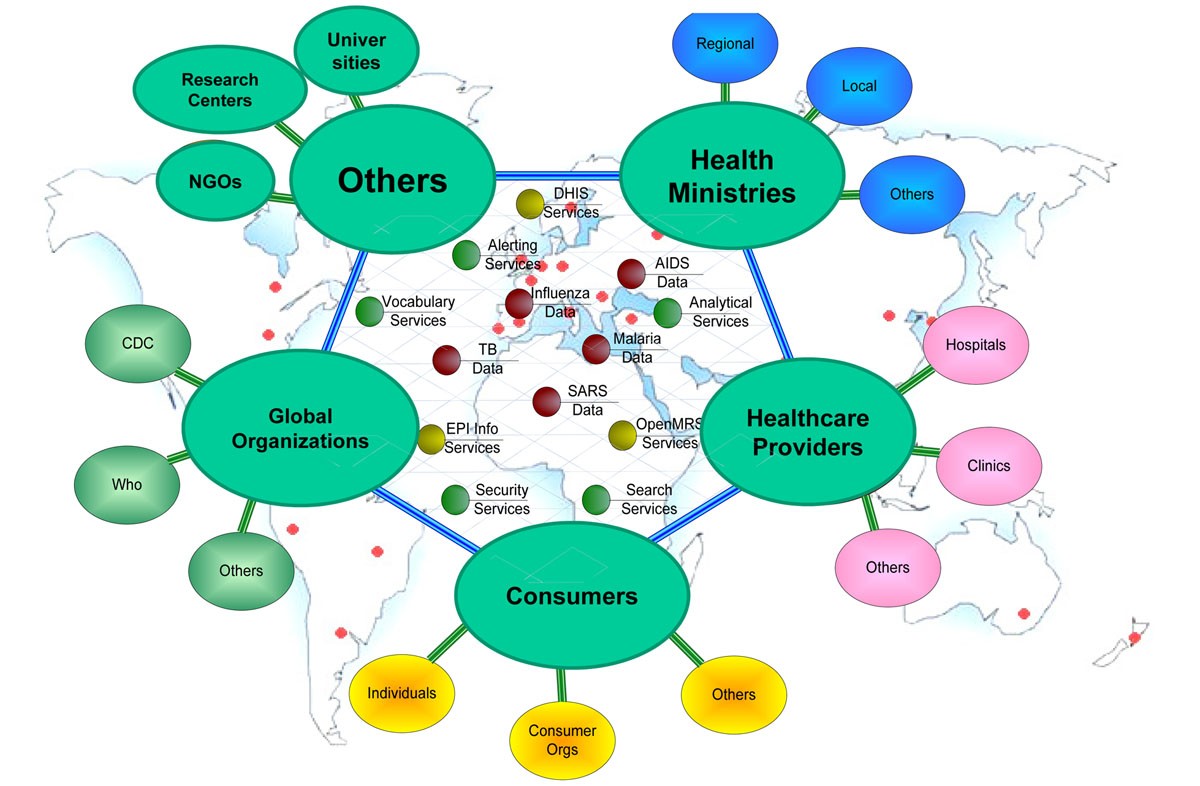
A Comprehensive Overview of Sindh's Healthcare Achievements
The healthcare system in Sindh has often been the subject of intense scrutiny, with some media outlets painting a picture of mismanagement and corruption. However, this narrative overlooks the significant progress and innovation that have taken place over the past decade. While accountability is essential, it should not be used to undermine the remarkable achievements made by the Government of Sindh in improving public health services.
The National Institute of Cardiovascular Diseases (NICVD)
One of the most notable success stories is the National Institute of Cardiovascular Diseases (NICVD). Once a single hospital in Karachi, NICVD has evolved into a network of over 30 centers across Sindh. These include full-fledged satellite hospitals in Larkana, Tando Muhammad Khan, Hyderabad, Sehwan, Nawabshah, and Sukkur, as well as 24/7 Chest Pain Units in densely populated and remote areas. This expansion has enabled state-of-the-art cardiac care to reach over 2.5 million patients annually, all free of cost. NICVD performs more than 30,000 angioplasties, 15,000 cardiac surgeries, and countless other procedures each year, making it one of the largest free heart care programs globally.
Jinnah Postgraduate Medical Centre (JPMC)
Another standout institution is the Jinnah Postgraduate Medical Centre (JPMC), which has become a pioneer in cutting-edge oncology and surgical care under the Sindh Government. The CyberKnife robotic radiosurgery system at JPMC provides non-invasive cancer treatment to over 20,000 patients annually. Additionally, JPMC has launched a robotic surgery program, making it the first public sector hospital in Pakistan to offer robot-assisted procedures. This service, typically reserved for private facilities, highlights the commitment of the Sindh Government to providing world-class treatment without commercializing human suffering.
Dr. Ruth Pfau Civil Hospital Karachi
Dr. Ruth Pfau Civil Hospital Karachi, one of the largest public hospitals in the country, has undergone transformative improvements. Upgrades to its emergency ward, along with the introduction of dedicated burn care, trauma, and maternal health units, have significantly enhanced patient care. The hospital serves over one million patients annually, including those from interior Sindh and even Balochistan.
Sindh Institute of Urology and Transplantation (SIUT)
The Sindh Institute of Urology and Transplantation (SIUT) continues to perform thousands of life-saving kidney transplants, dialysis sessions, and oncology treatments free of charge. No one is turned away, and no bribe is ever demanded, reflecting the dedication of the staff and the government's commitment to equitable healthcare.
People's Primary Healthcare Initiative (PPHI)
The Sindh Government has revitalized over 1,200 Basic Health Units (BHUs) through the People's Primary Healthcare Initiative (PPHI). In previously underserved areas like Tharparkar and Umerkot, women now have access to round-the-clock maternal and child healthcare, along with ambulance services, mobile clinics, and telemedicine facilities.
SIEHS Ambulance 1122
The province-wide rollout of SIEHS Ambulance 1122 has provided professionally equipped ambulance services in Karachi, Hyderabad, Sukkur, and across highway corridors, saving thousands of lives annually.
Emergency Response to the 2022 Floods
After the devastating 2022 floods, Sindh's health machinery led the emergency response with mobile hospitals, disease surveillance, and widespread vaccination drives, effectively curbing the spread of waterborne diseases. No other province mobilized medical relief on such a scale or speed.
Fiscal Commitment to Healthcare
In FY2025-26, the Sindh Government allocated over Rs 381 billion to healthcare, marking the largest health budget in the province's history. This investment includes new cancer centers, expanded dialysis coverage, and the launch of mental health services—a first for many government hospitals. Real-time dashboards and procurement tracking systems have also been implemented to ensure financial discipline.
Addressing Audit Objections
Where audit objections exist, the Chief Minister has directed independent inquiries, disciplinary actions, and forensic audits. It is important to distinguish administrative lapses or legacy inefficiencies from systemic rot. Such conflation is not only dishonest but also demoralizing to the thousands of healthcare workers who serve with integrity and compassion.
Conclusion
The Sindh Government welcomes scrutiny, but it must be informed, fair, and proportional. It is crucial to acknowledge that Sindh is the only province offering state-of-the-art cancer treatment, robotic surgery, cardiac interventions, and organ transplants without charging a single rupee from the patient. As the spokesperson for the Government of Sindh, I do not deny the need for reform, but I strongly reject reducing our healthcare system to mere headlines and allegations. Millions of citizens depend on our hospitals—not just for treatment, but for survival. Let us pursue accountability while honoring the progress made. The people of Sindh deserve both a healthcare system that delivers and a governance structure that is just. In this government, we are working every day to ensure both.


Posting Komentar